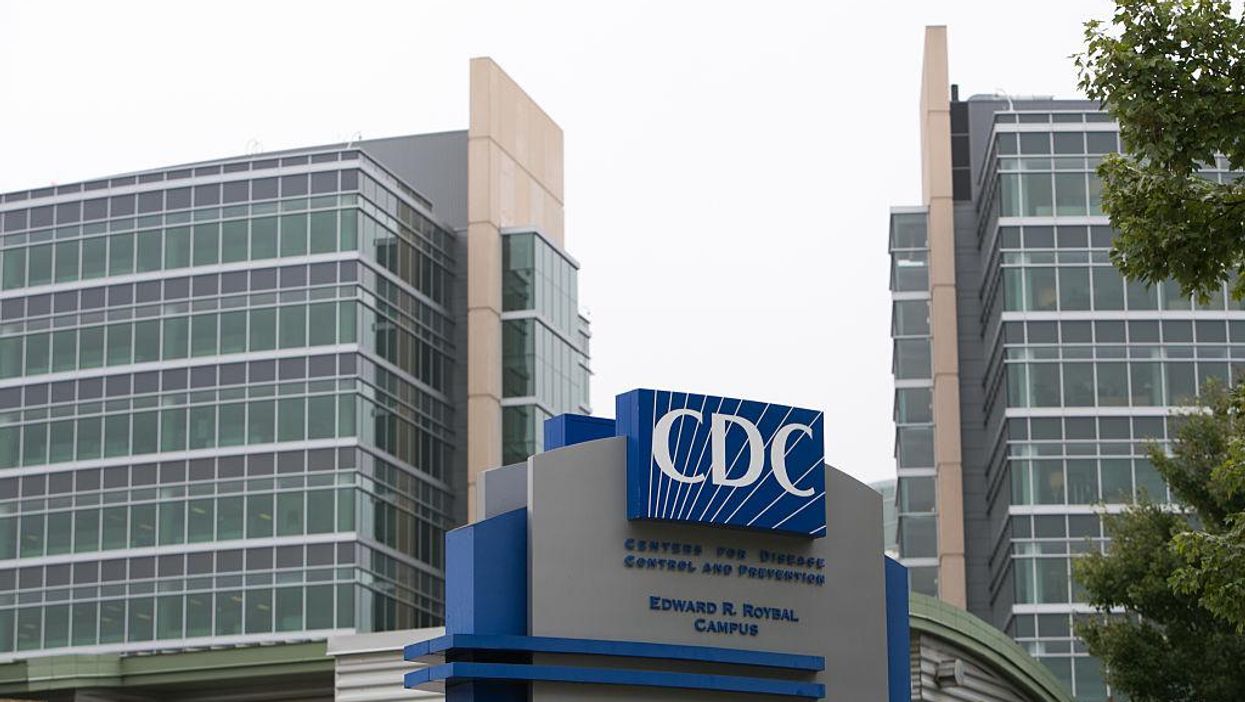
Jessica McGowan/Getty Images

The U.S. Centers for Disease Control and Prevention is considering changes to its COVID-19 vaccination schedule to reduce the risk of heart inflammation from mRNA vaccine shots.
During a meeting Friday, members of the CDC's Advisory Committee on Immunization Practices presented data that suggests there have been higher rates of myocarditis after receiving an mRNA COVID-19 vaccine, especially in young men. Advisory panel chairwoman Dr. Grace Lee said that a longer time period between vaccine doses could be safer and also improve the vaccine's effectiveness, according to the Washington Examiner.
“[The data is] ... fairly convincing that an extended interval is not only potentially safer from a myocarditis standpoint, but also potentially more effective,” Lee, a medical officer at the Lucile Packard Children’s Hospital at Stanford, said.
The advisory cited studies from Canada and England that suggested a longer period between vaccine doses reduced the risk of myocarditis and pericarditis, two kinds of heart inflammation that can be rare side effects of mRNA vaccination.
“The longer interval resulted in lower myocarditis rates, whereas the shorter interval had higher myocarditis and pericarditis rates,” Dr. Bryna Warshawsky of the Public Health Agency of Canada said.
Current CDC guidelines state that the two-dose Pfizer-BioNTech mRNA vaccine shots should be given three weeks apart, while the Moderna vaccine doses have a four-week period between shots.
The panel recommended that the guidelines be changed to allow for eight weeks between vaccine doses. The CDC has not yet decided whether to adopt the recommendations.
Increasing the time between primary vaccine doses would mean it will take longer for people who receive an mRNA vaccine shot to be considered "fully vaccinated" against COVID-19. It would also mean vaccinated individuals may have to wait longer to get a booster dose.
The CDC also on Friday released new recommendations for individuals with compromised immune systems.
The agency said that immunocompromised people who've completed the primary COVID-19 vaccine schedule and who have taken one booster shot should wait at least three months before receiving a second booster dose.
This is a reduction in time between booster doses from the previous recommendation, which was to wait at least five months after the third COVID-19 shot before getting a fourth shot.
The new guidelines apply to people age 18 and older who have taken the Moderna vaccine, as well as those 12 and older who have had the Pfizer shot.
Immunocompromised individuals who were vaccinated with the Johnson & Johnson vaccine are recommended to get an mRNA vaccine dose at least 28 days after the first shot, followed by a third booster dose at least two months later.
LIVE: CDC Advisors Meet on Moderna COVID-19 Vaccinewww.youtube.com